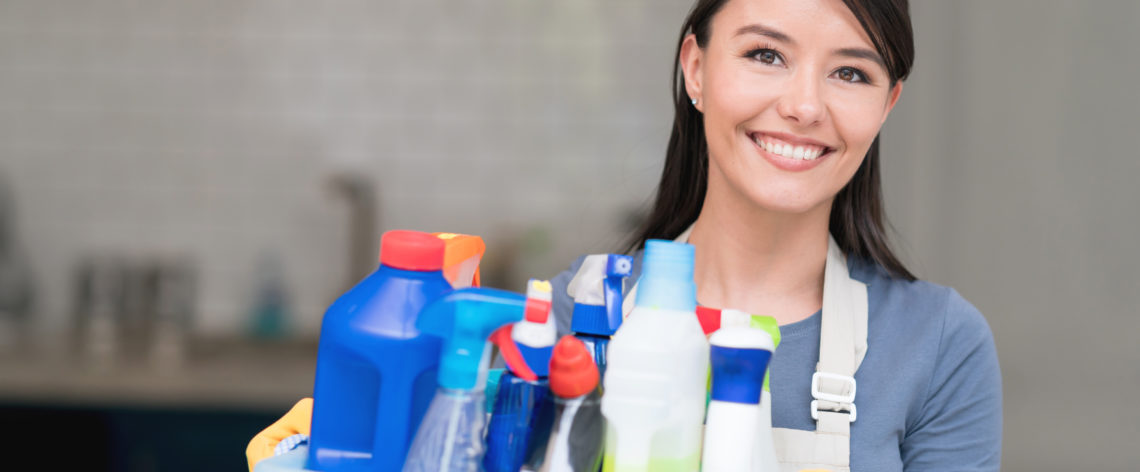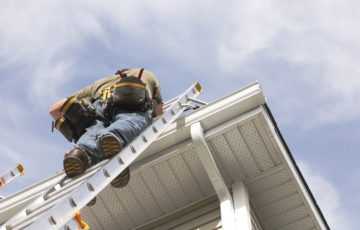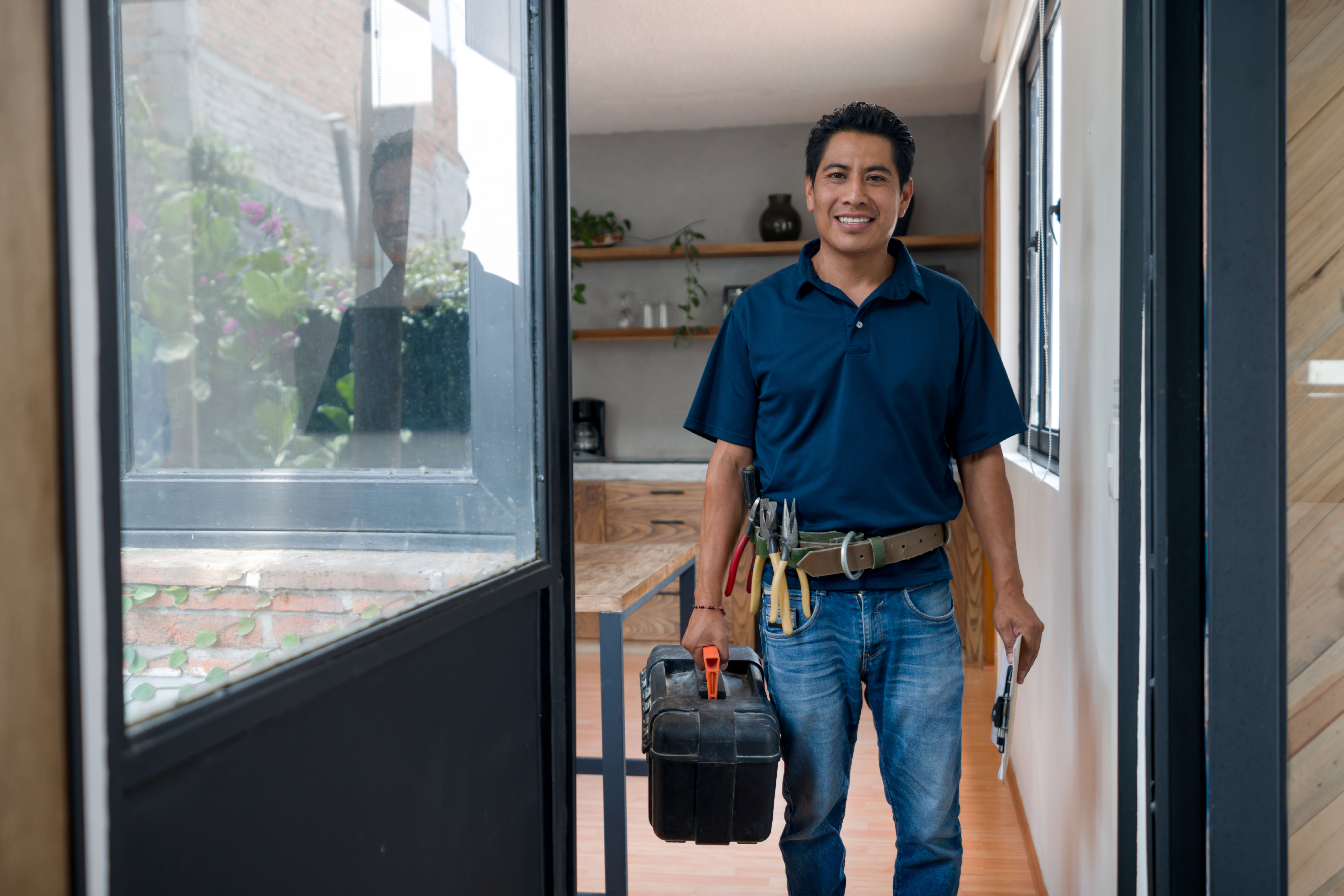The cleaning industry is one of the largest in Australia, with over 38,000 businesses in the commercial cleaning industry alone.
In recent years, it has benefited greatly from the fallout of the Covid-19 pandemic, as businesses scramble to clean and sanitise their office spaces.
This has pushed the industry’s market size to reach $14 billion, and it is expected to continue to grow with the ease of which a new small cleaning business can start up and compete in the market.
But there is much more to the cleaning sector than just the commercial side of cleaning.
This blog explains the many different niches you could start up a cleaning business in Australia. It will explore the differences between each and what you need to get started.
1. Residential Cleaning
There are many different types of services that professional cleaners offer. Residential cleaners specialise in the domestic home space. People live busy lives and often don’t have the time to clean their homes.
Residential cleaning businesses help maintain and tidy homes – sometimes on a daily basis. It only involves regular cleaning tasks like vacuuming floors and removing dirt from the bathrooms.
In some cases, you will need to obtain permits or licences if you are a cleaner for private homeowners and households, so it’s best to check your local regulations.
2. Commercial Cleaning
Rather than working in private homes, commercial cleaners work in businesses. It is often a lot more time-consuming and rigorous and thus more lucrative for cleaners compared to residential cleaning.
It requires a more significant investment in equipment, staff, and training to meet the demands of the workplace.
It usually includes all of the tasks of residential cleaning but may also involve managing hazardous wastes and disinfecting washrooms, which may require additional training.
You usually don’t need to have a license if you are cleaning offices, corporate buildings, or any other commercial property.
- Car cleaning
Even if you just provide a mobile service, professional car cleaning can be a very lucrative business model.
Although there are not many licensing requirements for car cleaning, it is possible to obtain a basic but comprehensive auto-mechanic certification and training to be able to offer your clients other attractive services such as car detailing.
- Carpet or laundry Cleaning
Aside from a few nudists, all Australians wear clothes. This makes laundry cleaning a popular business model for a cleaning business. And it’s not just people, there are many businesses that require laundry cleaning services, from hotels to clothing shops.
Similarly, there are many households and businesses that have carpet and need it cleaned. Carpet cleaners work with specific machinery and equipment.
They may use deodorisers, treatments products, or cleaning materials that are designed for their particular machines.
The same goes with laundry cleaning, which requires its own set of technologies and equipment to familiarise yourself with.
It is important to ensure your staff is trained properly to use these items.
- Crime scene cleaning
If you’re not squeamish and are looking for something a little left of field, crime scene cleaning might be the niche you’re looking for.
Crime scene cleaners are called in when there is a serious crime such as homicide, suicide, or car accident. To be a crime scene cleaner, you will most likely need to pass a National Police check. You may be required to complete specialised cleaning training by certain contractors or employers.
Cleaning staff in this industry are often confronted with disturbing and horrifying scenes. It is recommended that you continue your training to deal with these situations. Additional training may be required for cleaning equipment or materials that are specialised, even if they do not require a license.
- Window cleaning
Window cleaners clean the inside and outside of windows of businesses and occasionally homes. Window cleaning potentially offers the most upside out of all the options. You could be simply cleaning some office windows or hanging off the side of a building cleaning windows on skyscrapers – the sky’s the limit.
High-rise work, whether it’s in construction or cleaning, that involves scaffolding or rigging requires a high-risk work licence from the state or territory regulator.
Cleaner insurance for your new small business
Whether you are cleaning a window or a crime scene, your small business will face a variety of risks that threaten to derail your cleaning operation.
Business insurance is designed to protect you from these risks and keep you in business for the long run.
Public Liability cover is one of the most important insurance for cleaners, as it protects you if your business damages someone’s property or causes an injury.
You may be asked to clean some expensive items depending on what your hired to do, and if you can’t afford fork out the money if you break something, then this type of insurance is something to consider.
It’s designed to cover your legal and defence costs, court attendance costs and compensation awarded to the claimant.
The bottom line
From setting your own work rates to keeping active and healthy, starting a career in cleaning offer many benefits.
It can take you to many different places and allow you to practice valuable skills that will never go out of fashion.
But while the cleaning sector is diverse, one thing is the same across all its professions – they all face risk that can be financially protected by business insurance.
This information is general only and does not take into account your objectives, financial situation or needs. It should not be relied upon as advice. As with any insurance, cover will be subject to the terms, conditions and exclusions contained in the policy wording. © 2022 BizCover Pty Limited, all rights reserved. ABN 68 127 707 975; AFSL 501769



